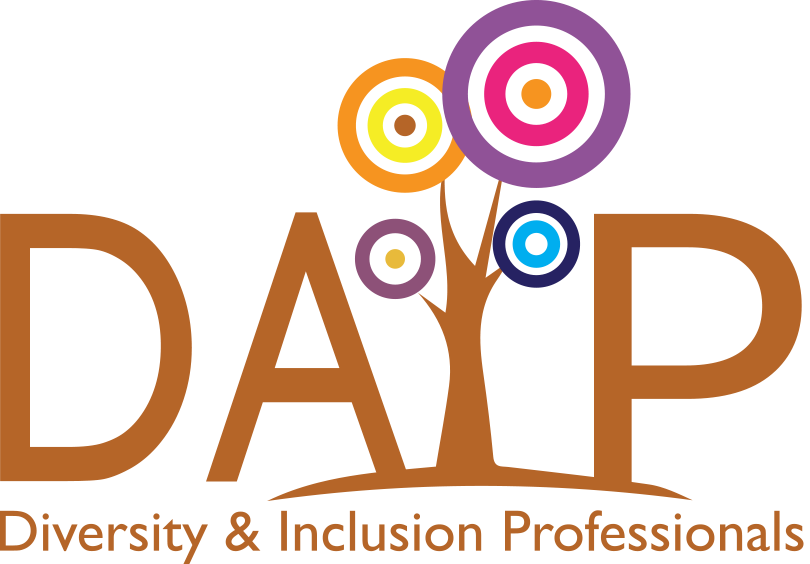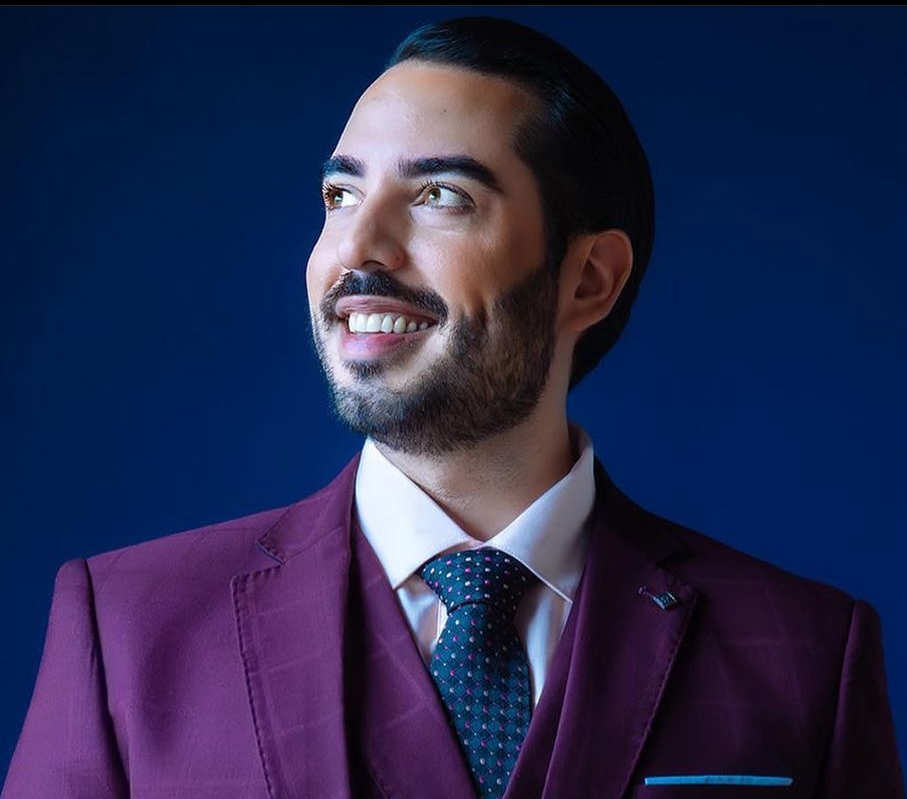
Although we dedicate time during Black History Month to celebrating the triumphs, resilience and brilliance of the Black community, it is most important that we maintain focus on transformative equity initiatives that operate year-round to ensure our organizations are workplaces in which Black employees–and other historically marginalized groups–can thrive.
Here are three principles I use to keep my DEI work transformative.
Principle One: Focus on structural changes.
My approach to DEI is rooted in policies and practices–systems that change an organization in ways that are not always visible to most associates. The changes I’m most proud of are often those that people don’t even know that my team helped execute. Meaningful structural changes are not possible without organization-wide collaboration.
At United Natural Foods, Inc. (UNFI), North America’s largest food distributor, these changes have included:
- changing tuition reimbursement policies to provide funds up-front so finances are less of a barrier to furthering education;
- automatically enrolling new employees in the 401k program to bridge associates financial knowledge gaps;
- and diversifying the candidate slates presented to hiring managers to level the playing field.
Principle Two: Create sustainable policies and initiatives.
DEI work is profoundly draining, especially if you’re a person with historically-marginalized aspects of your identity. We spend all day processing difficult situations and conversations, and are continuously checking our own biases to separate our relationships with our coworkers from their stances (or lack of stances) on certain issues.
To maintain our personal health and longevity leading this work, it’s critical that we set up processes and systems that function without us at the helm. If I’m no longer in this role, or if we’re adding new members to our team, sustainable measures ensure everyone is focused on the same north star to guide the work.
Examples of sustainable practices at UNFI include:
- A comprehensive Employee Assistance Program with culturally sensitive mental health and legal services, in addition to health benefit navigation services to improve employee well-being;
- An inclusive procurement process that encourages and tracks company spending with minority-owned businesses;
- and regularly ensuring that all associates know where these resources exist and how to access them.
Principle Three: Build a program that is easily replicated and understood at all levels of your organization.
Most people are enthusiastic about engaging in DEI work, and creating simple, shared messaging makes it more accessible. I’ve created The ABCDs of DEI for my colleagues at UNFI to frame our conversations and processes:
- A for accountability, to remind us to become more transparent about the work supporting our DEI commitments, and sharing publicly as we do in our annual Better For All report.
- B for belonging, which may take the form of creating organizational Belonging & Innovation Groups (BIGs) for all associates to participate in.
- C for challenging the status quo, so we continue to adopt policies and practices that better serve our communities rather than settling for the way things have historically been done.
- D for doing the right thing. An important reminder since the right action is rarely the easiest action.
I hope these principles are helpful for you. This work will never be easy, but it’s essential that we support one another and equip our organizational leaders and colleagues to help us take on this burden.
By working together, can we implement transformative changes that are structural, sustainable, and framed in a way that every team member can understand and get behind.
Guillaume Bagal
DAIP Advisory Board
Vice President of Diversity & Inclusion at UNFI

